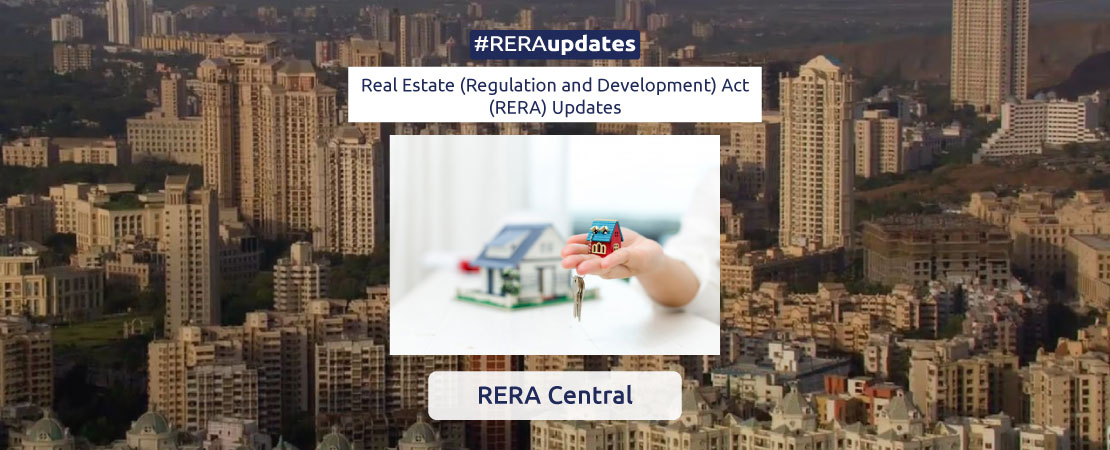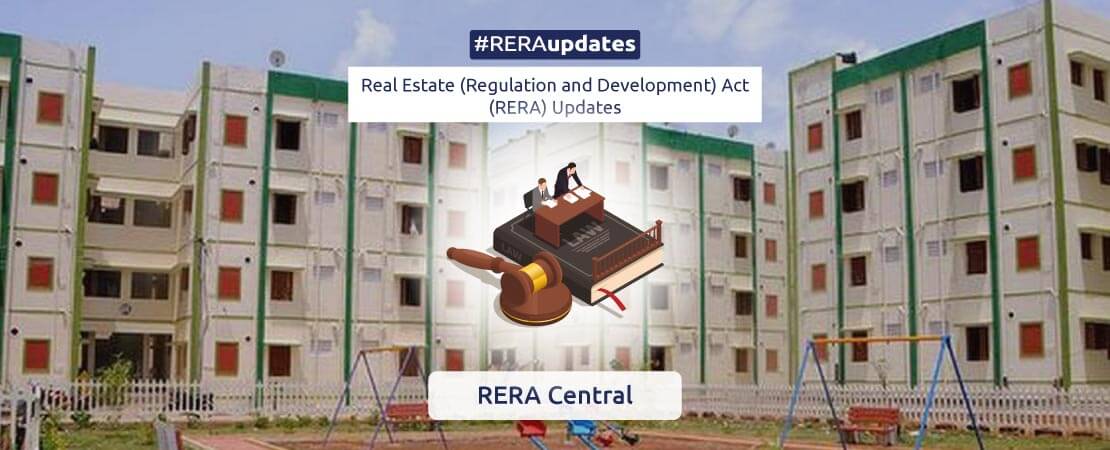Buying a house is one the biggest investments you will make in your lifetime. A wrong property choice or decision, especially in the case of under-construction property, can land you in big trouble. Many homebuyers are waiting for more than decade to get possession of their houses. Numerous projects either got shelved or stalled in between, after accepting significant payments were made by buyers. There is no sign of refunds even after years fighting court cases.
So, to minimize the risk, here are few sources of information that you should tap, before taking the leap.
The RERA website: The real estate (regulation and development) Act, 2016 makes it mandatory for the developer, its projects and agents to obtain a registration number. Each project should have a separate registration number and the same should be mentioned in all advertisements and communications with the buyers. The first step should be to cross-verify the RERA registration, on the RERA website of the respective state.
“Homebuyers can log in to the RERA website and check a promoter’s details including name, contact information and project details of the past five years. This will help buyers understand the competency of the builder,” says Anupam Rastogi, Co-Founder and Head-NRI Sales, Square Yards.
“One also has access to project details such as project name, type, address, project area, approving authority, parking area, project status, estimated cost of construction, completion year and total project cost. Homebuyers should carefully check the details of construction work done under the ‘project status’ section. Information such as the extent of development pending, total amount collected from allottees, amount invested in the project, delay in projects, reasons for delays and expected completion date are indicators of the developer’s credibility and thus must be duly scrutinized,” added Rastogi.
Beside these, you should also check whether all the required approvals and permission to build and complete the project are available; a developer is required to upload and update all these documents on RERA website on a regular basis. Developers are also required to upload details of any cases filed against them, make sure you collect at all this information.
Financials and annual report: A lot of homebuyers are suffering because of financial mismanagement and siphoning of funds that developers indulged in during the past. Therefore, financial scrutiny and due diligence are a must. “Whether or not the project will be delayed and have the same quality as the builder promised initially depends entirely on how financially stable the builder is. This is why having a clear understanding of your builder’s monetary position is important. While the financial health of a listed builder is easy to gauge by gathering all the information they share with the stock exchanges, doing so might be difficult in case of unlisted players,” says Mani Rangarajan, Group COO, Housing.com, Makaan.com and Proptiger.com.
“It is imperative for homebuyers to verify the financial status of a real estate developer to get an idea about its balance sheet, legality of the project and whether it has defaulted on loan payments for banks, which in turn can save buyers from future project completion harassments,” says Rastogi.
If a developer is not listed, there are other ways to check the financials as well. “For other developers, buyers can get their financial information on the Ministry of Corporate Affairs (MCA) website, in the ‘view public documents’ section. Homebuyers can also check the website of the Central Registry of Securitisation Asset Reconstruction and Security Interest of India (CERSAI) to check whether the property is mortgaged with any bank or housing finance company,” says Rastogi.
Visit previous projects: It is good to have feedback on construction quality and after-sales services from homebuyers who are already living in the projects developed by the builder. “Property owners here will be able to share their experience with the builder, helping you gauge what is in store for you if you were to invest in a property developed by the builder,” says Rangarajan.
“Homebuyers can get a sound idea about the quality of materials used in construction, kind of fittings and electrical equipment used, the type of amenities on offer and whether the amenities are charged separately, or cost is included in total cost of the apartment,” says Rastogi.
Explore newspapers and social media: Newspapers and social media platforms such as Facebook, Twitter and LinkedIn and so on can help you get first-hand information. “Today, social media platforms act as a great tool that empower homebuyers by quick dissemination of information. The same has remained true of the media for a long time. A buyer who is looking to invest must get in touch with property owners and prospective buyers through social media to inquire about builders and housing projects. They must also follow real estate news in the media to have a better understanding of the sector in general and developers in particular,” says Rangarajan.
Feedback of homebuyers can help you make a good decision. “Social media sites are a perfect medium to read about client testimonials and homebuyers’ satisfaction stories,” says Rastogi.
Never make a property buying decision in a hurry or under the influence of any pressure tactics of the developer’s representative or real estate agent.
Ask for written documents or emails of all the claims and promises made by the developer or real estate agent.
Source: https://www.moneycontrol.com/news/business/personal-finance/planning-to-buy-a-house-get-all-details-about-the-developer-from-these-sources-7100991.html










